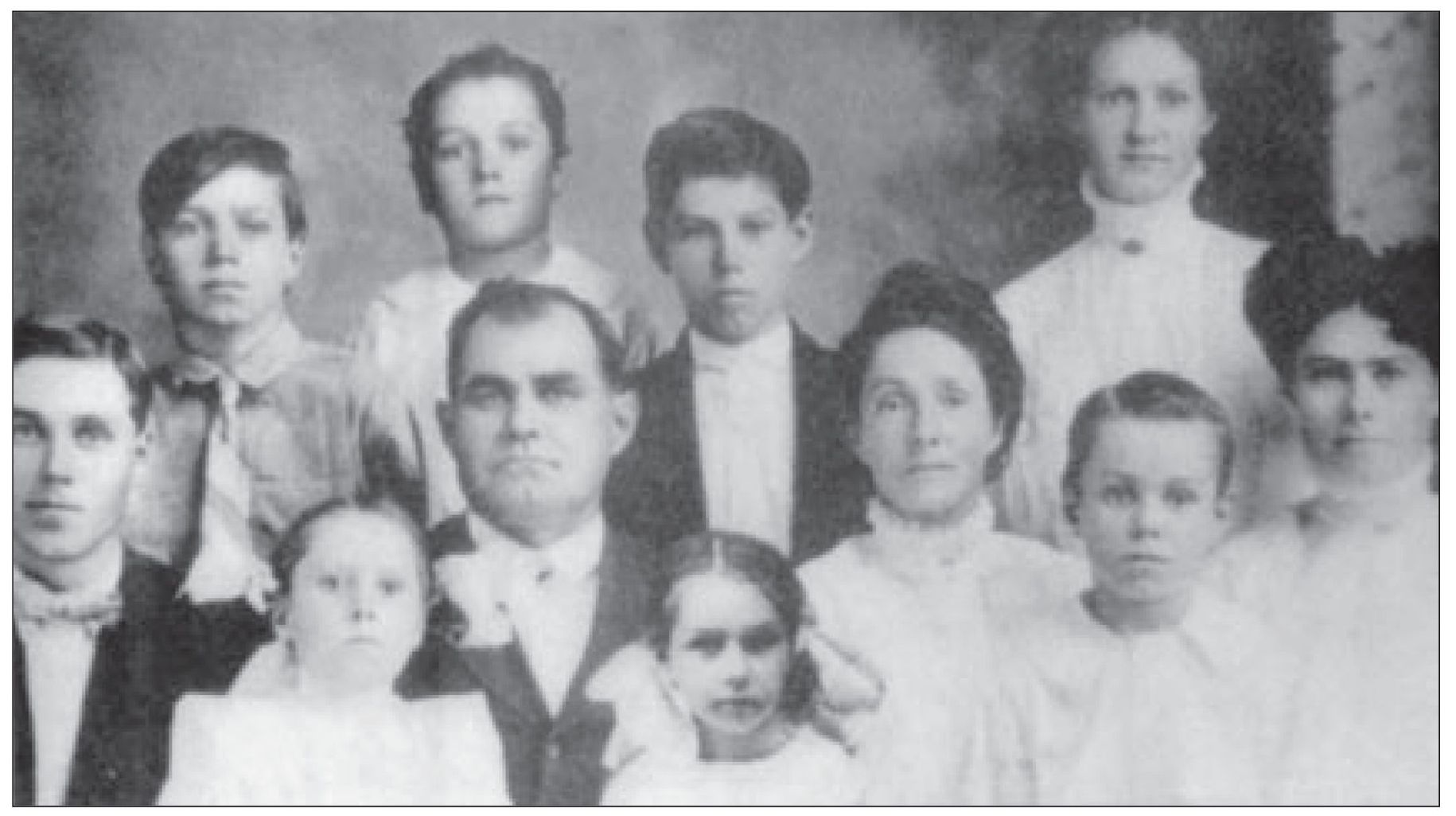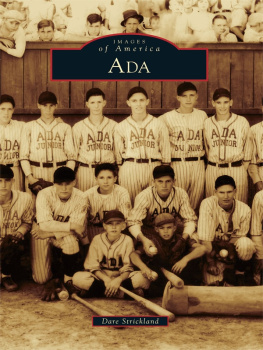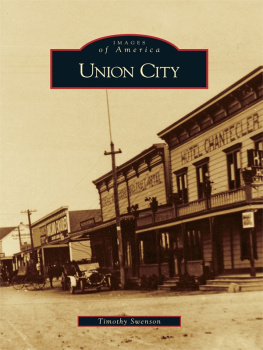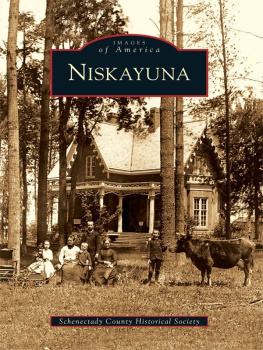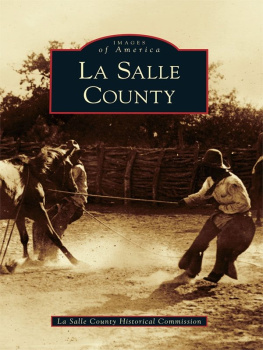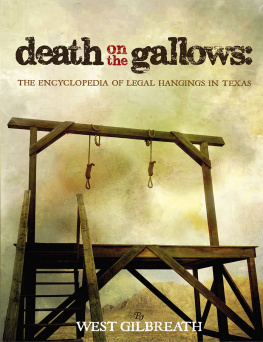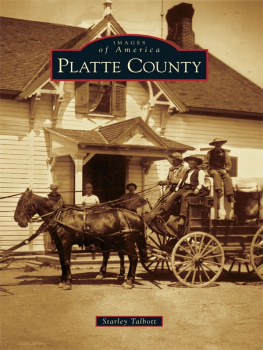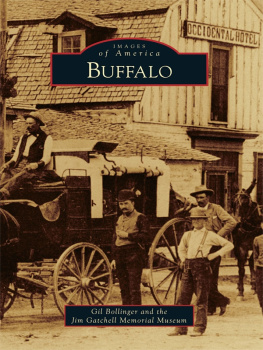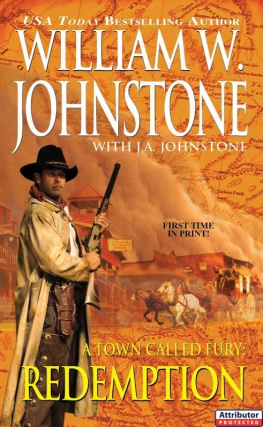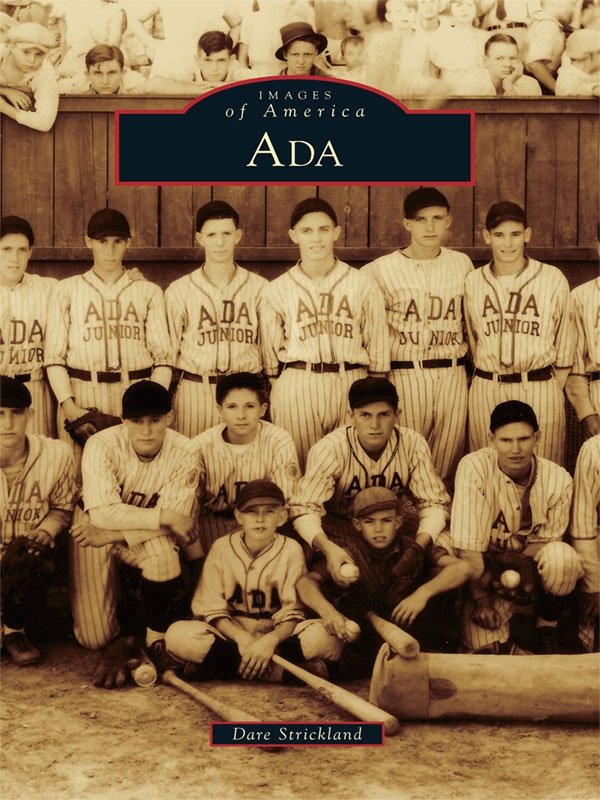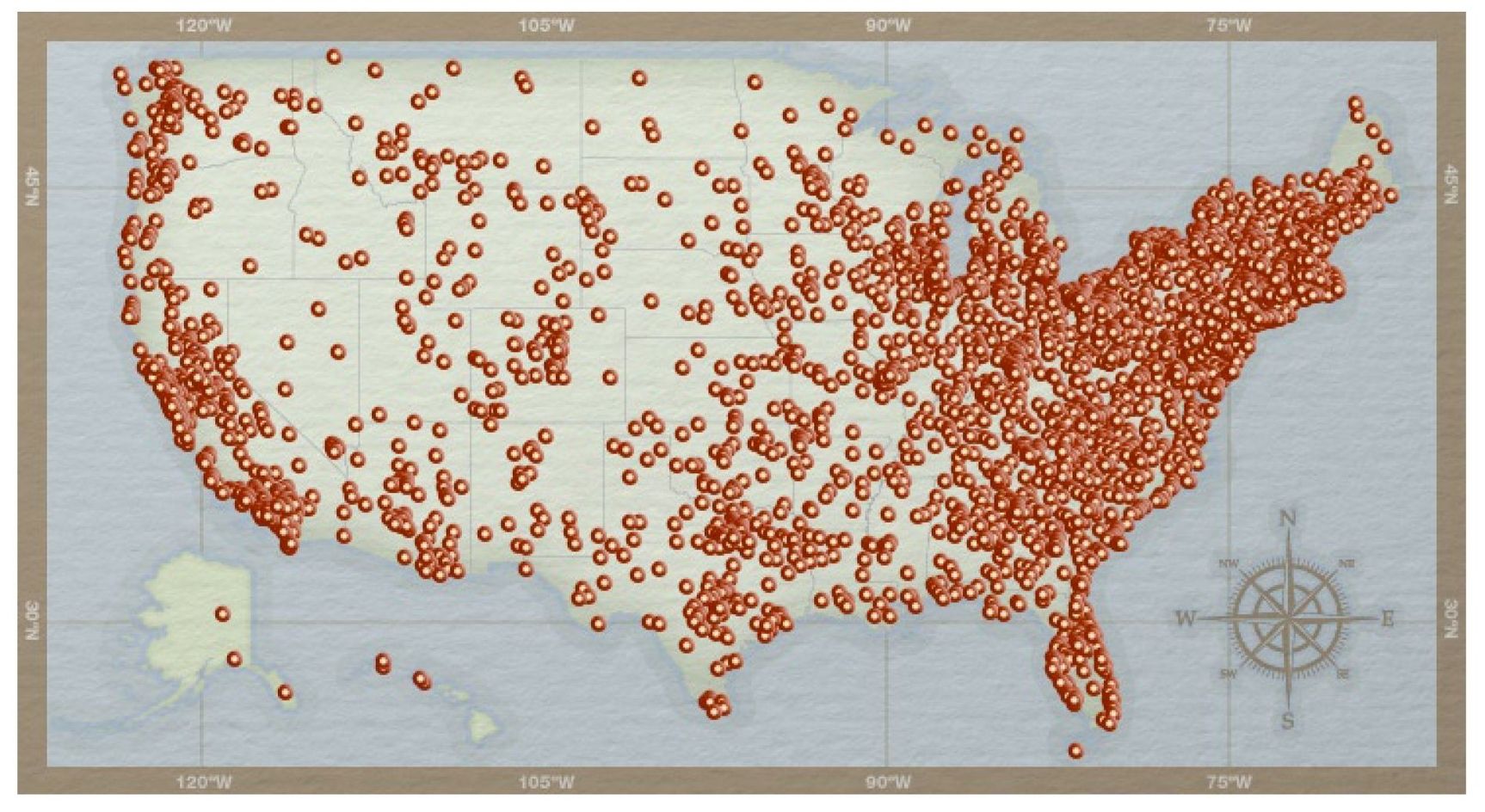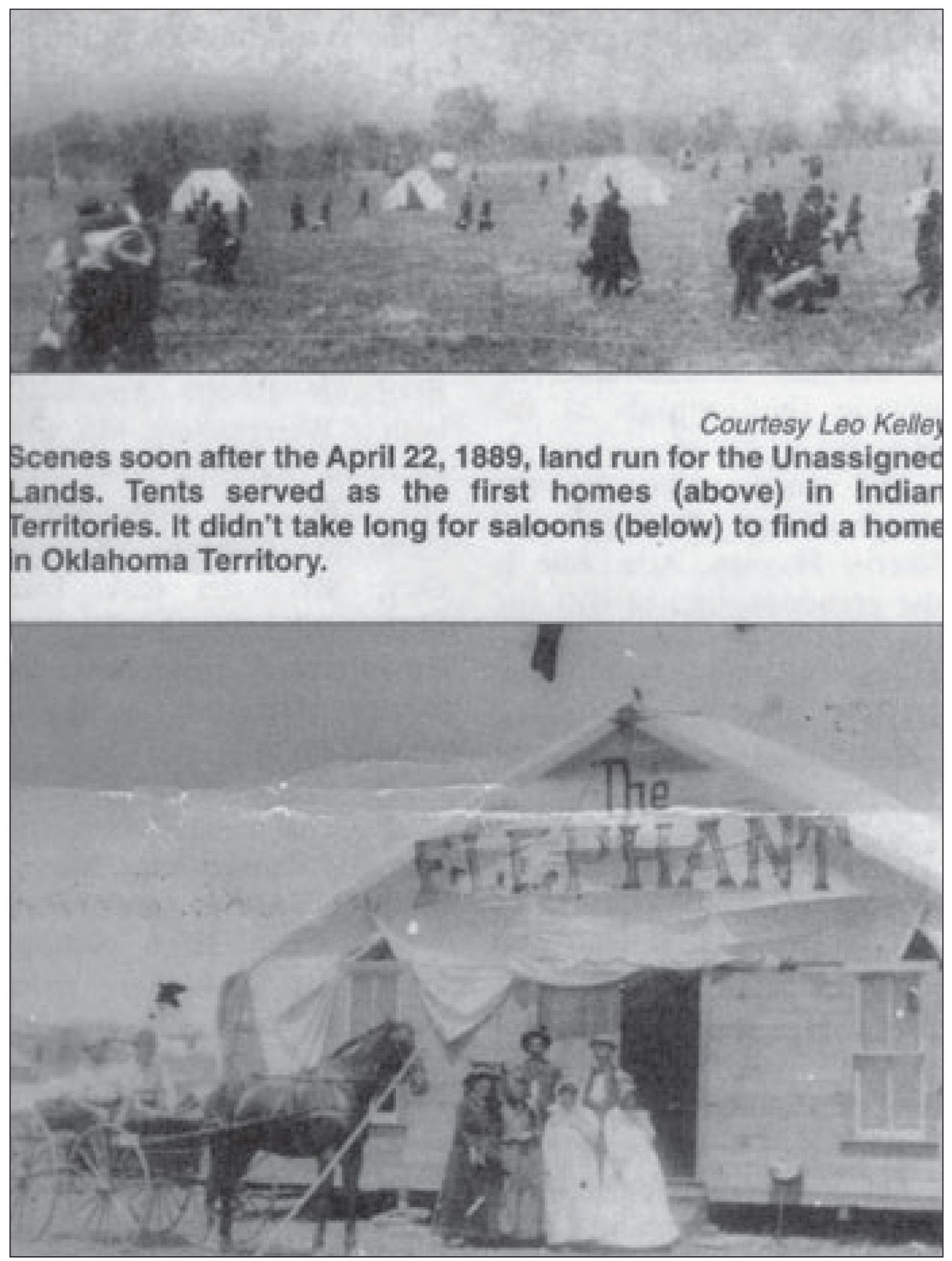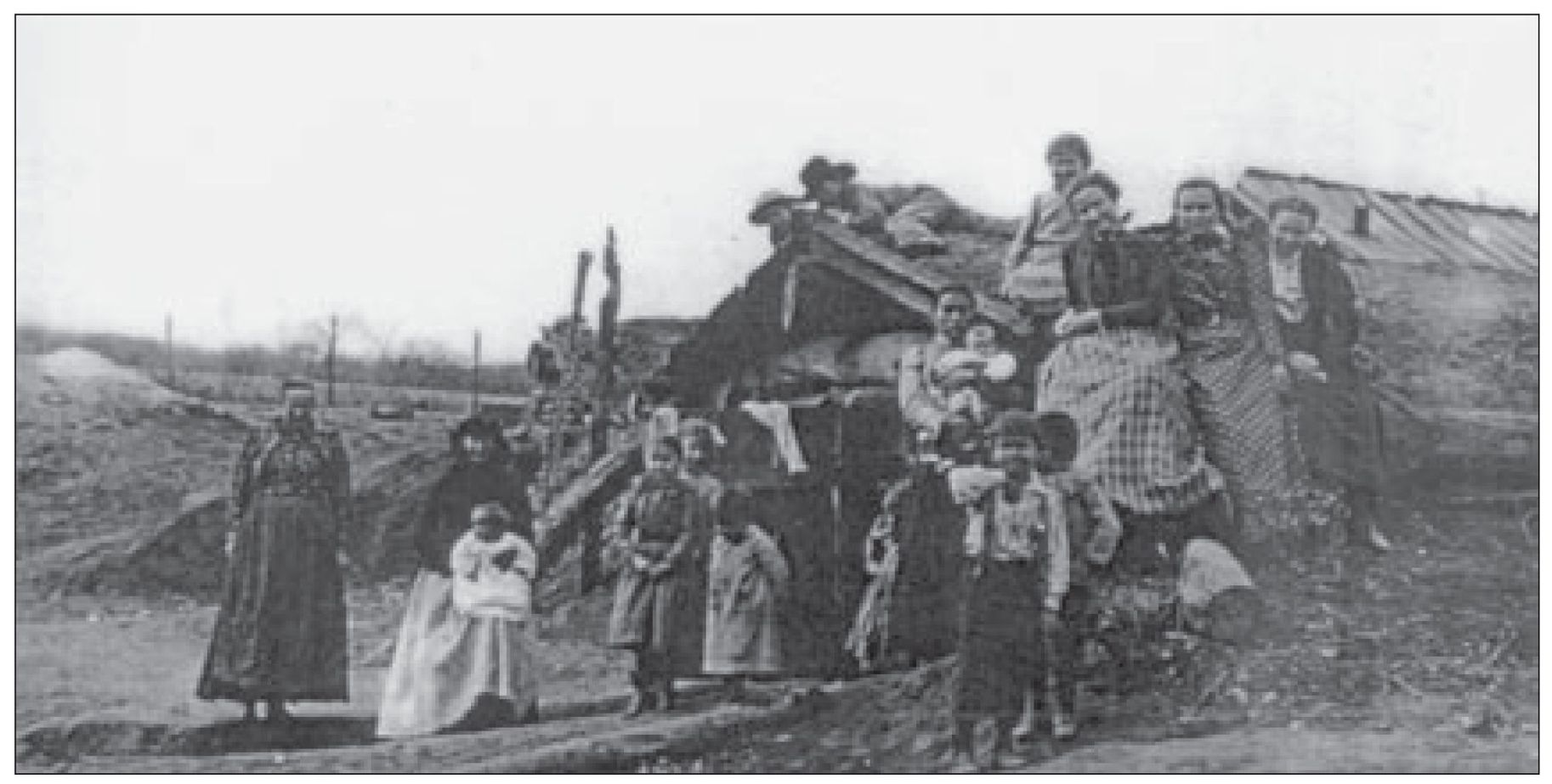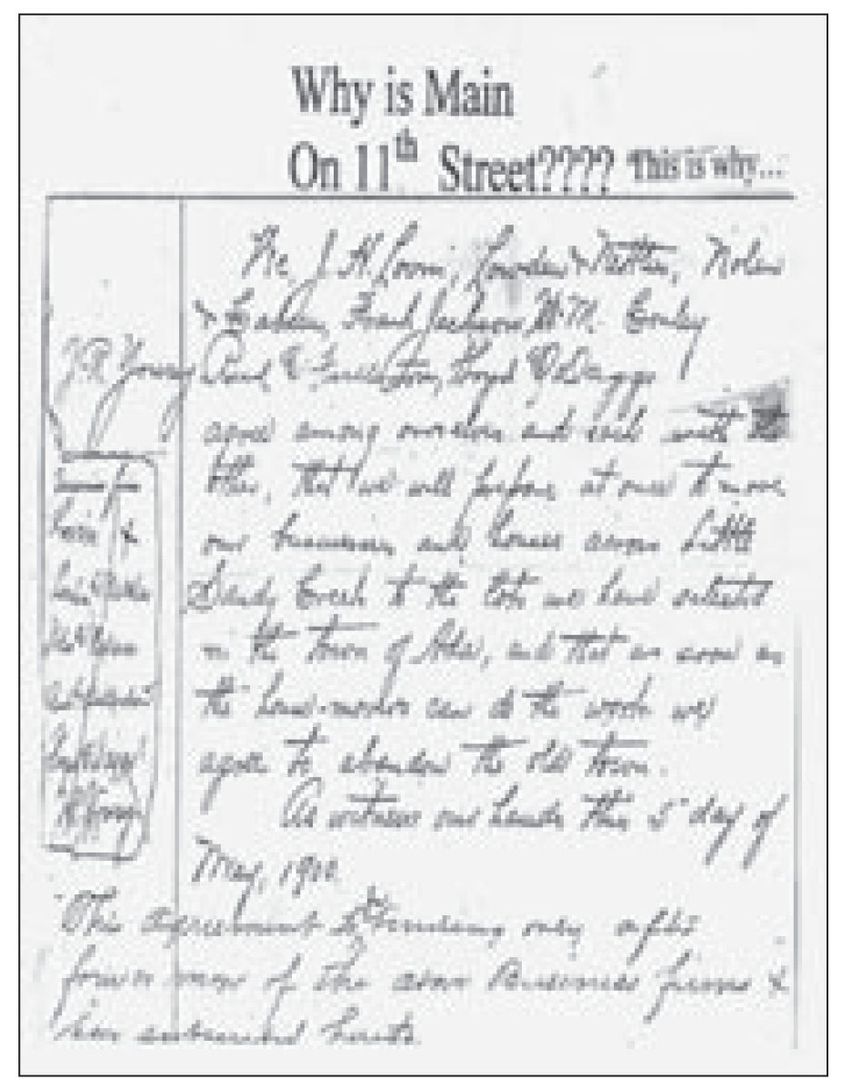One
ADA, INDIAN TERRITORY
The land was a compliment to nature. It was a mixture of hills and valleys, tall and short grass, and flatlands that was waiting for cultivation. Spread out before the impatient land seekers, the morning sun displayed what would soon be their future. Winds flapped the Conestogass worn canvas. Pioneers had come from far and wide to participate in what was recorded in history as The Land Run.
Land that belonged to Native Americans had been chosen before the run. Fifty acres apiece across the territory, whittled down by the white mans government with no thought of the impact on the lives of the natives. Native Americans watched as the only home they had ever known disappeared from view with the sound of a gunshot. When the dust cleared, they could no longer sit on their ponies atop the highest hill and take pride in the one thing they valued more than any other, their freedom.
Pioneers scattered all over the land and took what they could. Lot jumpers were confronted, and confusion grew, but soon a handshake and a mans word was the equivalent of a contract. The pioneers knew to depend on each other to make Ada what they wanted it to become.
The 200 tents in the area looked oddly prosperous in 1902, and, as houses and businesses rose from the Oklahoma soil, Ada began to appear. Early pioneer Henry Blackburn built the first cotton gin, and cotton became king. Sometimes Main Street in Ada looked as if it had snowed. When the new railroad was built in 1900, the township of Ada moved closer to the rail area to make shipping more convenient.
But Ada began to be a safe haven for criminals, and in 1908, there were 36 murders. Although deaf as a post, Bob Nestor, an old-time lawman, did try to keep the peace. Bob once left to hunt down a witness and eventually sent this telegram back that read, Witness dead and gone to hell, horse give out and cant foller. Ada was destined to make history.
This scene was soon after the April 22, 1889, land run. Tents and makeshift camps were set up on chosen lots. Even after the panic of the jockeying for land, there was little peace in this new town. Saloons of this time in history quickly set up for wetting whistles and providing entertainment of a female nature. It didnt take long for saloons to make a profit from the tired and anxious settlers, and employees at the Elephant saloon were even proud enough to pose for a rare picture. (Courtesy of Alberta Blackburn.)
Three generations of Cannon family members lounge happily on or around their dugout, sod home on Indian Territory. From the elderly to the infant, they all seem at home. There werent many trees to climb on the prairie, so children resorted to climbing the house. This wasnt hard to do in this scenario. These people give the word pioneer a deeper meaning. Pure grit, determination, and an exceptional amount of love put the Cannon family to bed at night, but the occasional visit from a pet mole kept the kids awake. These were admirable, brave people who very proud for a chance at a new beginning. It would be rather difficult for lot jumpers to take their territory. (Courtesy of Alberta Blackburn.)
When Jeff Reed and John Beard started the settlement of Ada, they invited the businesses of Daggs Flat to move over and be a part of the new town. This is the contract haphazardly signed by some business owners. All signed and moved except for the owner of the post office and a general store, John Hodges. His decision caused a series of very interesting and almost comical events. (Courtesy of Alberta Blackburn.)
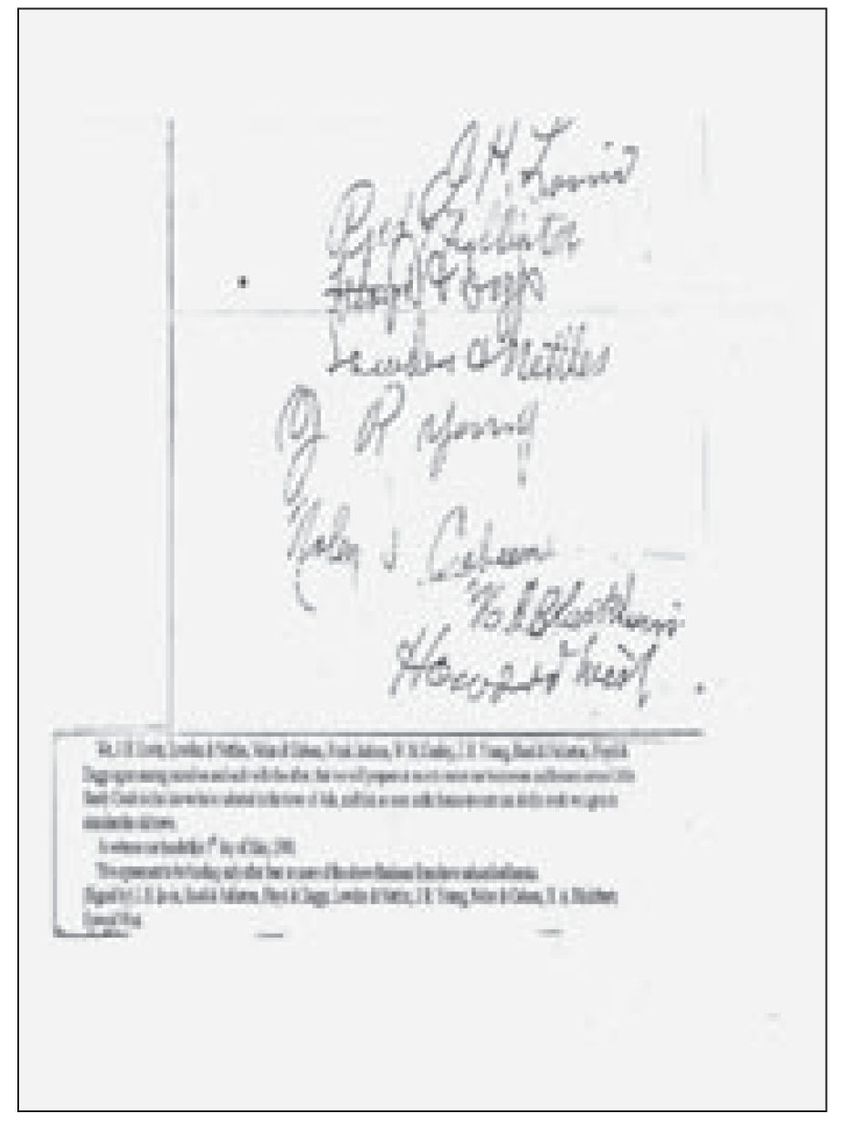
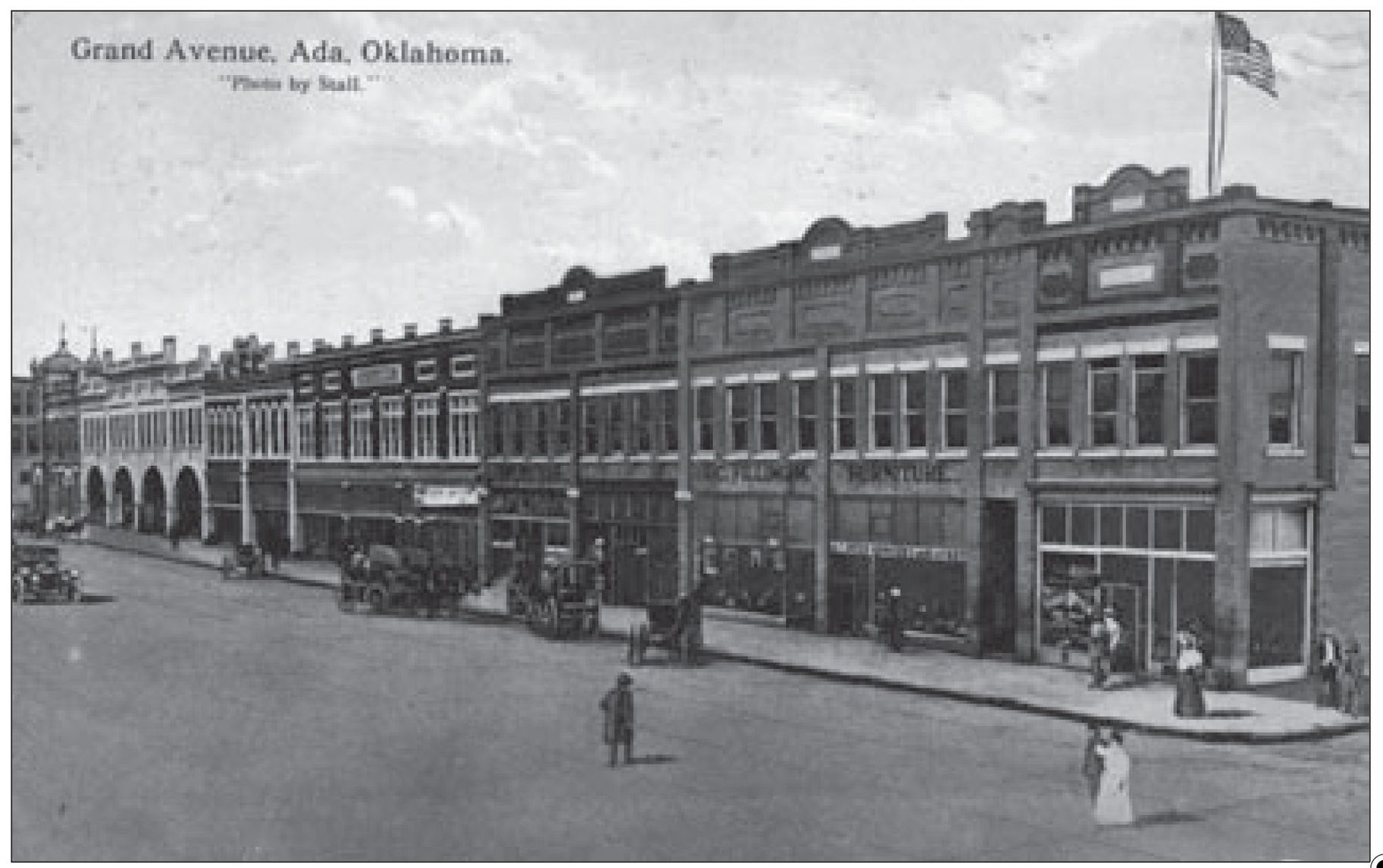
The small post office here on the corner of Grande Avenue (later Twelfth Street) and Townsend Street was put in business from a small shack that came from the area of Fourth Street, which was where Adas town area began. The shack was in Draggs Flatt when it was literally picked up and moved by 25 new Adans and a team of horses. They transplanted the post office because the postmaster of the doomed community, John Hodges, wouldnt move, even though all the other businesses from the area had signed a contract to do so. He said, Ill move when Im daid and in my Diamond Willow coffin. The coffin was on display in his small general store, so the men decided to secure Hodges in it, while they moved the shack to Ada. They changed the sign immediately to Post Office, Ada, Indian Territory. So much for being daid. Later when Ada moved its business district closer to the railroad, the shack was left in place, and a new post office was placed on Garnde. The Ada Post Office is now located, and impressively so, on what is now Twelfth Street, just two corners east. (Courtesy of Gary Haney.)
